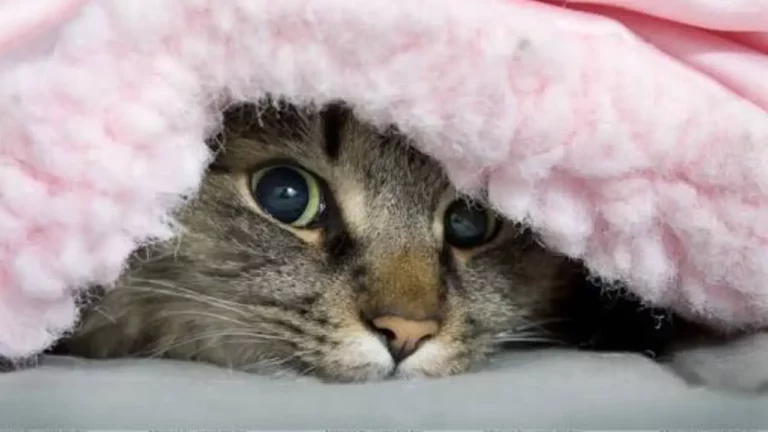Why Is My Cat Peeing Everywhere?
Is your cat suddenly peeing everywhere? Don’t worry, you’re not alone.
In this blog post, we’ll explore the various reasons behind this behavior and provide practical tips for addressing the issue.
Read on to learn more about why your cat is peeing everywhere and how you can help them.
Key Takeaways
Determine if your cat’s inappropriate urination is caused by medical issues or behavioral factors.
Consult a veterinarian for diagnosis and treatment of any underlying medical conditions.
Address behavioral causes, such as stress, anxiety, territorial marking, and litter box issues.
Seek professional help from a veterinarian or certified animal behaviorist if necessary.
Prevent future problems by scheduling regular vet check-ups, monitoring your cat’s behavior, and maintaining a stress-free environment.
Identifying the Causes of Inappropriate Urination
Understanding the root cause of your cat’s inappropriate urination is the first step in addressing the issue. There are several possible reasons why your cat is peeing everywhere, and these can be broadly categorized into medical issues and behavioral causes.
Medical Issues
Medical problems can often lead to changes in your cat’s urination habits. Some common medical issues that may cause your cat to pee everywhere include:
- Urinary tract infections (UTIs): UTIs can cause pain and discomfort, leading your cat to associate the litter box with pain and avoid using it.
- Bladder stones: These can cause irritation and blockages, making it difficult for your cat to urinate normally.
- Kidney disease: Cats with kidney disease may produce more urine than usual, leading to accidents outside the litter box.
- Diabetes: Increased thirst and urination are common symptoms of diabetes in cats.
- Arthritis: Older cats with arthritis may find it painful to get in and out of the litter box, causing them to urinate elsewhere.
Behavioral Causes
Sometimes, the reason behind your cat’s inappropriate urination may be behavioral. Some common behavioral causes include:
- Stress and anxiety: Cats may urinate outside the litter box when they’re feeling stressed or anxious. Common stressors include changes in the household, loud noises, or conflicts with other pets.
- Territorial marking: Cats may spray urine to mark their territory, especially in multi-cat households or when a new pet is introduced.
- Litter box issues: Your cat may avoid using the litter box if it’s dirty, located in an undesirable spot, or if they don’t like the type of litter being used.
By identifying the potential causes of your cat’s inappropriate urination, you can take the necessary steps to address the issue and help your cat feel more comfortable in their environment.
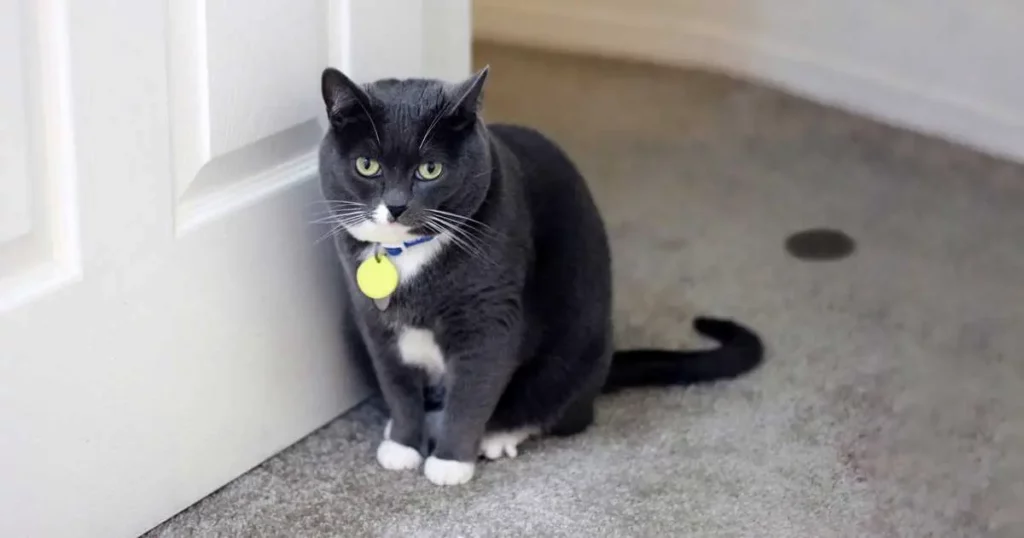
Addressing Medical Causes
If you suspect that your cat’s inappropriate urination is due to a medical issue, it’s important to consult your veterinarian as soon as possible. Early diagnosis and treatment can prevent complications and ensure your cat’s well-being.
Veterinary Consultation
Bringing your cat to the veterinarian for a thorough examination is crucial in identifying any underlying medical conditions. Your vet may perform tests such as blood work, urine analysis, or imaging to determine the cause of your cat’s inappropriate urination.
Regular check-ups with your veterinarian can also help identify potential issues before they become severe, reducing the likelihood of your cat developing inappropriate urination habits due to medical problems.
Treatment Options
The treatment for your cat’s inappropriate urination will depend on the specific medical issue identified by your veterinarian. Some common treatment options include:
- Medications: Antibiotics may be prescribed for urinary tract infections, while medications to manage pain or inflammation can be helpful for cats with bladder stones or arthritis.
- Dietary changes: Adjusting your cat’s diet may be recommended to help manage certain conditions, such as feeding a low-phosphorus diet for kidney disease or a low-carbohydrate diet for diabetes.
- Fluid therapy: In some cases, your veterinarian may recommend fluid therapy to help flush out your cat’s urinary system and maintain proper hydration.
By addressing the medical causes of your cat’s inappropriate urination, you can help them feel more comfortable and prevent further accidents in your home. Remember that ongoing veterinary care is essential for maintaining your cat’s overall health and well-being.
Tackling Behavioral Causes
If your cat’s inappropriate urination is not due to a medical issue, it’s likely related to behavioral causes. By addressing these behavioral factors, you can help your cat feel more at ease and reduce the likelihood of them peeing everywhere.
Reducing Stress and Anxiety
To help your cat feel more relaxed and reduce stress-related urination, consider the following strategies:
- Environmental enrichment: Provide your cat with toys, scratching posts, and hiding spots to keep them entertained and comfortable in their environment.
- Consistent routine: Maintain a consistent daily routine, including feeding times, playtime, and grooming, to help your cat feel secure and less anxious.
- Pheromone therapy: Using synthetic pheromones, such as Feliway, can help create a calming environment for your cat and reduce stress-related behaviors.
Addressing Territorial Marking
If your cat is marking their territory by spraying urine, try these approaches:
- Neutering or spaying: Unaltered cats are more likely to engage in territorial marking, so consider having your cat neutered or spayed if they haven’t been already.
- Providing multiple litter boxes: In multi-cat households, providing multiple litter boxes (at least one per cat, plus an extra) can help reduce competition and territorial marking.
- Cleaning soiled areas thoroughly: Use an enzyme-based cleaner specifically designed for pet urine to remove the scent and discourage your cat from marking the same spot again.
Litter Box Solutions
Addressing any litter box issues can greatly improve your cat’s urination habits:
- Proper litter box placement: Make sure the litter box is located in a quiet, easily accessible area of your home, away from high-traffic zones or noisy appliances.
- Cleaning and maintenance: Keep the litter box clean by scooping waste daily and replacing the litter regularly. Thoroughly clean the entire litter box at least once a month with soap and water.
- Choosing the right type of litter: Experiment with different types of litter to find the one that your cat prefers. Some cats may be sensitive to scented litters or dislike certain textures.
By addressing the behavioral causes of your cat’s inappropriate urination, you can create a more comfortable and stress-free environment for them, ultimately reducing the likelihood of accidents in your home.
When to Seek Professional Help
Despite your best efforts, there may be instances when your cat continues to pee everywhere or exhibits additional concerning behaviors. In such cases, it’s essential to seek professional help from a veterinarian or a certified animal behaviorist.
- Persistent inappropriate urination: If your cat continues to urinate inappropriately despite your attempts to address the issue, it may be time to consult a professional. They can help identify any overlooked medical issues or provide further guidance on addressing behavioral causes.
- Signs of illness or discomfort: If your cat displays signs of pain, discomfort, or other unusual symptoms (such as lethargy, vomiting, or changes in appetite) along with inappropriate urination, consult your veterinarian immediately.
- Behavioral issues that cannot be resolved at home: In some cases, your cat may require the help of a certified animal behaviorist to address more complex behavioral issues. They can provide tailored advice and training techniques to help manage your cat’s behavior and improve their overall well-being.
Remember that seeking professional help early on can prevent more serious issues from developing and ensure your cat’s health and happiness. Don’t hesitate to consult your veterinarian or a certified animal behaviorist if you’re struggling to manage your cat’s inappropriate urination on your own.
Frequently Asked Questions
Can certain medications cause my cat to pee everywhere?
Yes, some medications can cause increased urination as a side effect. If you suspect that a medication is causing this issue, consult your veterinarian for advice on adjusting the dosage or considering alternative treatments.
How can I train my cat to stop peeing outside the litter box?
Positive reinforcement is key to training your cat to use the litter box consistently. Reward your cat with treats or praise when they use the litter box, and avoid punishment or negative reactions to inappropriate urination.
Is it normal for senior cats to pee everywhere?
Senior cats may be more prone to medical issues that cause inappropriate urination, such as kidney disease or arthritis. Regular veterinary check-ups and maintaining a comfortable environment can help prevent these issues in older cats.
Can a new pet cause my cat to start peeing everywhere?
Yes, introducing a new pet to your household can cause stress and territorial behavior in your cat, which may lead to inappropriate urination. Gradual introductions and providing separate spaces for each pet can help ease the transition and reduce stress.
Final Thoughts
Dealing with a cat that’s peeing everywhere can be frustrating and challenging, but understanding the potential causes and taking appropriate steps to address them can make a significant difference.
By identifying whether the issue is due to medical or behavioral factors and implementing the necessary changes, you can help your cat feel more comfortable and regain control over their urination habits.
Don’t hesitate to seek professional help from a veterinarian or certified animal behaviorist if needed, and remember that ongoing care and attention are crucial in maintaining your cat’s overall well-being and preventing future problems.
With patience, understanding, and persistence, you can create a happy and healthy home for both you and your feline friend.
Additional resources:


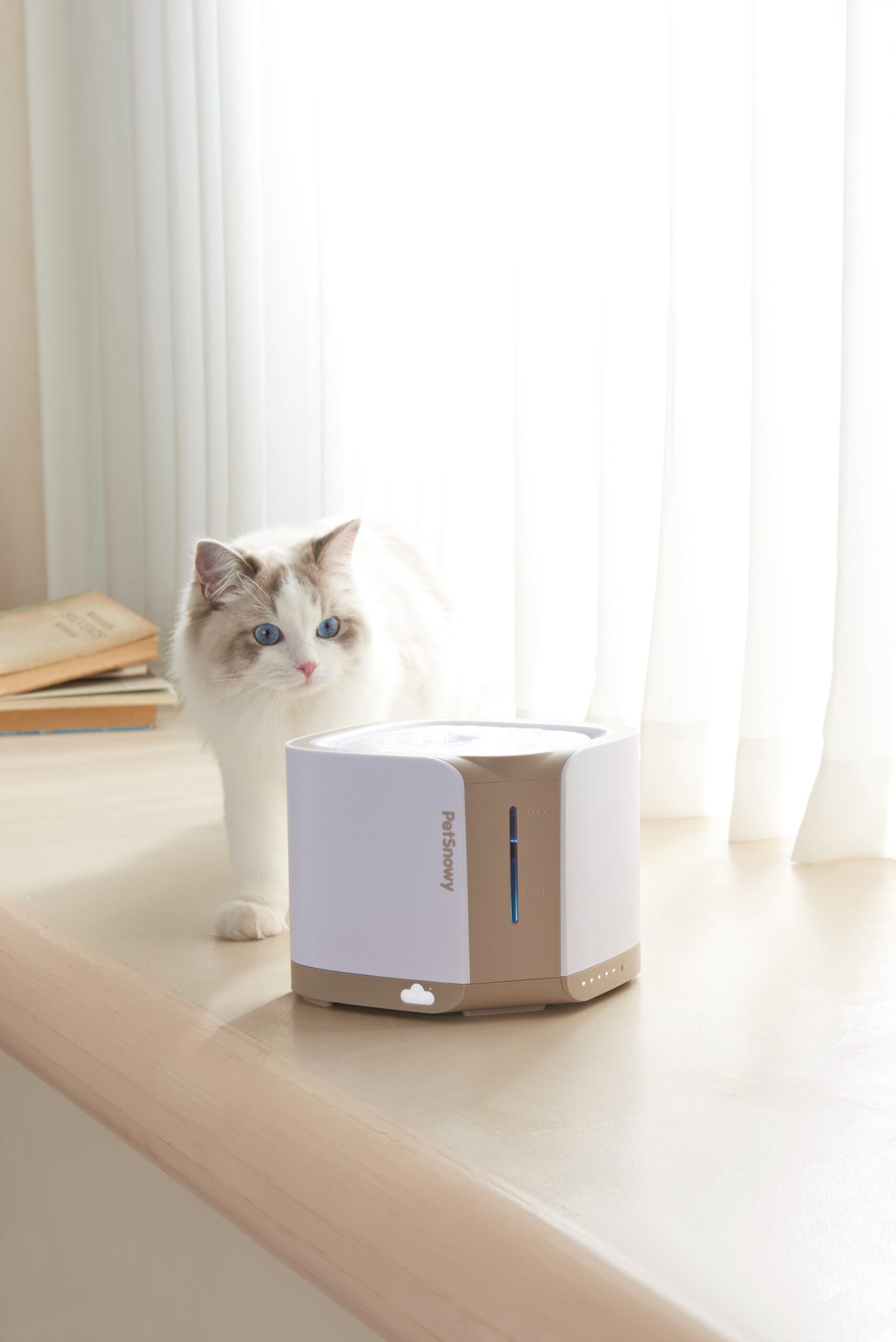
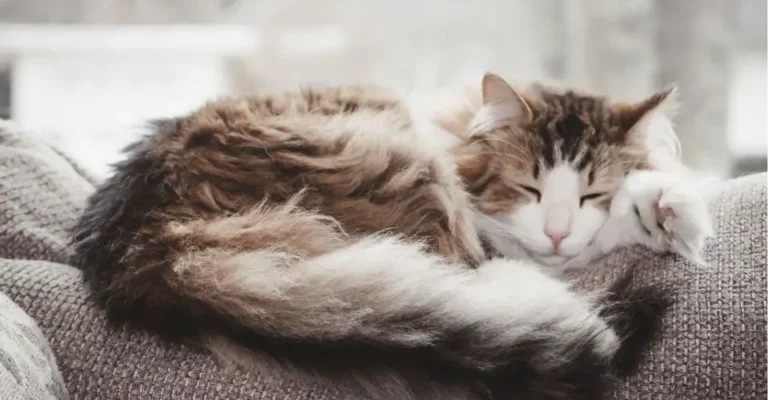
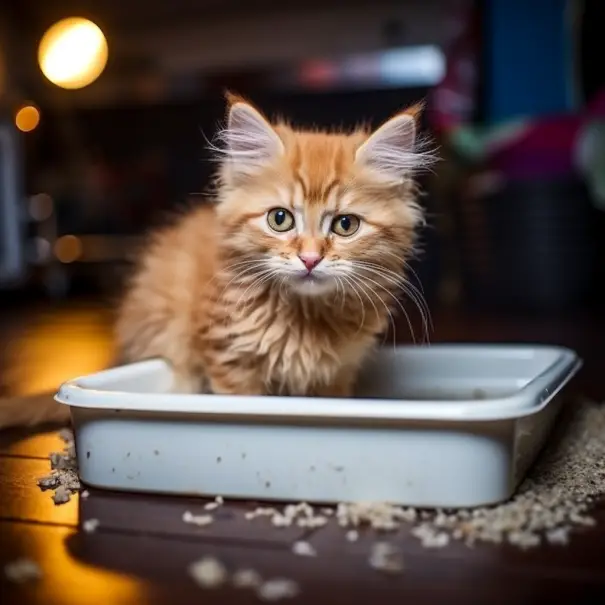
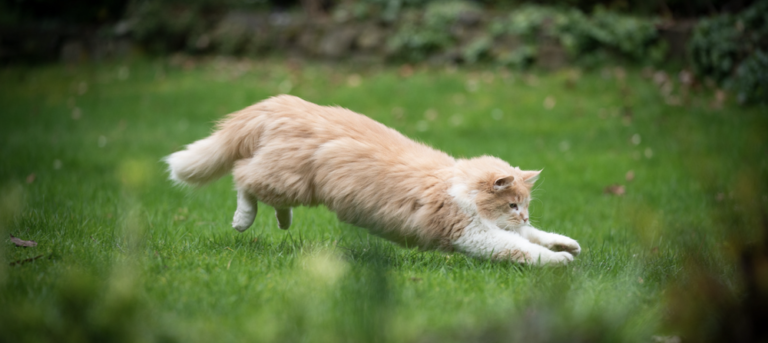
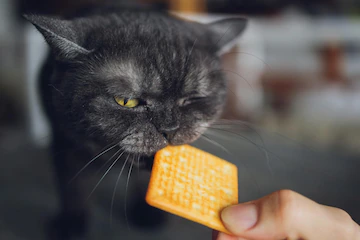
![Why Do Cats Paw Around Their Food Bowls? [7 Reasons]](https://www.warmlypet.com/wp-content/uploads/2023/01/Cat-paws-in-a-bowl-768x513.webp)
